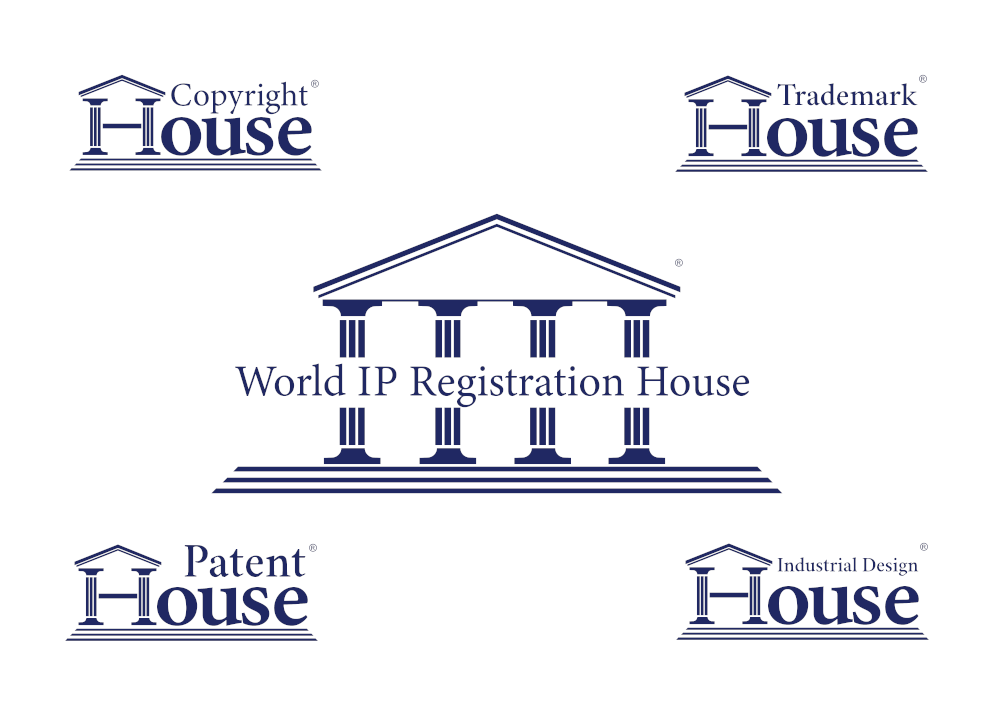If you’re a frequent user of social media sites such as Twitter and Instagram, the chances are that you’re familiar with internet memes.
Often with whole pages dedicated to them, they’re very easy to come by - you might have even created one yourself.
For those who are unfamiliar with the concept, memes are an internet sensation which takes place in the form of a sort of collective joke, where one person will take an image or screenshot, add satirical text to it, and share it on social media.

This can then be copied by other people across the platform, with alterations in the text to suit different situations.
An example of some of the media types commonly used in internet memes are snapshots from television shows and films, celebrity interviews, and stock images.
Really, there aren’t any limits on what can and cannot become an internet meme.
A single image can be saved, edited, and shared thousands of times, over and over.
Memes are created in jest, as a piece of light-hearted fun. But who retains the right to a meme?
Is it possible to regulate the use of copyrighted materials used in memes?
Generally, you would expect the creator of the original media to have ownership over their content, and one would expect there to be ramifications if someone uses it without the correct permissions from the creator, especially when used for commercial gain.
And though memes aren’t generally used for commercial purposes, they may still be in violation of copyright laws.
But with the widespread use of potentially copyrighted materials on social media, it isn’t always possible to pin down the origin of a new meme, or stop others from using it on such a grand scale.
Fair use, an exception which sometimes allows copyrighted works to be used for educational purposes, is unlikely to apply to memes.
The only form of meme which might not be in violation of any copyright regulations, is when the media used has an expired copyright, or is a royalty free image.

With these images, the copyright impact is minimal, so long as the image is free to use and is listed as ‘available for reuse.’
This means that the copyright owner has granted the licence for others to reuse the image, even without credit.
Occasionally, people will attempt monetise a meme – reality television star Kylie Jenner did just that when internet users made a meme out of something that she said in an interview.
In this case, the origin of the meme was clear, which lead Jenner to create merchandise with the popular saying on it for profit.
This, however, did not stop others from using and creating new content with the meme, for free and for profit.
Which begs the question, is it possible to regulate the copyright on a meme? Should memes be copyrighted?
Disclaimer: The information given on this website does not constitute legal advice. We recommend that you seek specialist legal advice in accordance with specific circumstances



